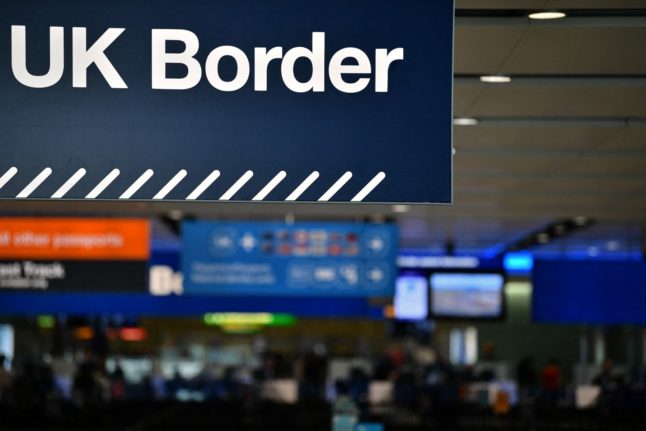The North Sea Region has a long history of close relations in trade and personal exchange. Thanks to membership of European Union and the EEA agreement including Norway, these relations are stronger now than ever.
We respect the decision by the British people to leave the European Union. However, the United Kingdom and the European Union must ensure in the upcoming negotiations that this decision will cause as little harm as possible to the North Sea Region and to the North Sea itself. Strong North Sea relations are more important than ever, and Brexit is a reason to increase cooperation.
The North Sea is one of the busiest sea basins in the world. Its shipping lanes are a crucial part of Europe's logistics, and its ports handle 57 per cent of EU's external trade. Its maritime economy employs more than 850,000 people. It has some of Europe’s best fishing waters. It delivers 80 per cent of EU’s marine renewable energy, and has great capacity for more. North Sea oil and gas still play a significant role in European and global energy production. The coastline is an important recreation area, yet the shallow waters and the coasts are vulnerable to oil spills, plastics and other pollution. Strong multi-level cooperation is needed in all these areas.
From March 2019, the external border of EU will cut right through this prosperous and tightly connected region. So far, Brexit negotiations have only concentrated on certain aspects of the divorce, but they will soon concern the future relations between the UK and the EU. The UK will also leave the European Economic Area (EEA), and will have to renegotiate its relationship with Norway.
READ ALSO: More Brits want Swedish citizenship since Brexit vote
The CPMR North Sea Commission represents regions, provinces, countries and councils around the North Sea. Thirty-three regions from the EU member states (including the UK) and Norway are members. We have been working since 1989 to create partnerships between our members and to promote the interests of the North Sea Region in Europe, specifically in the fields of marine resources, accessibility and clean transport, energy/climate change and prosperous and sustainable communities.
A number of concerns arise from our initial analysis of Brexit. A “hard” Brexit will cause several barriers to trade, in particular if no deal is reached on a future free trade agreement. Supply chains will be broken. Small and medium-sized companies in our regions, without experience of trade outside the EU, will suffer. The damaging effects of tariff and non-tariff barriers to trade will have a particularly harsh impact on certain regions and sectors. There will be economic consequences for all of us.
In the UK, new restrictions on migration may lead to lack of skills in important sectors. The UK is one of the most active partners in EU’s research programme, and the strong scientific links across the North Sea will suffer if the UK leaves the programme. Interreg North Sea and other European cooperation programmes provide valuable support to regional development and exchange in the North Sea area.
READ ALSO: How Brexit made me quit my job, pack up my life and move to Sweden
The regional authorities are committed to continued exchange and cooperation. We hope to see the same commitment from the national and European levels. We call for future frameworks between the UK and the EU to provide scope for direct engagement between local authorities in the UK and regions in the EU27. We call for continued UK participation in some of the most important EU programmes. We call for stronger cooperation between the EU, national, regional and local authorities to balance the many interests in the North Sea.
As regional representatives we are eager to discuss how we can maintain and develop close transnational and multi-level relationships in the North Sea region in the Brexit era.
The Executive Committee of the CPMR North Sea Commission
Kerstin Brunnström, Region Västra Götaland, Sweden, President
John Lamb, Southend-on-Sea Borough Council, England, Vice President
Andreas Lervik, Østfold County Council, Norway, Vice President
Peter Argyle, Aberdeenshire Council, Scotland
Marianne Chesak, Rogaland County Council, Norway
Preben Friis-Hauge, Region South Denmark, Denmark
Antje Grotheer, Free Hanseatic City of Bremen, Germany
Nienke Homan, Province of Groningen, the Netherlands
Dag Hultefors, Region Halland, Sweden
This is an opinion piece written by the CPMR North Sea Commission. It was originally published in Swedish by Dagens Nyheter.



 Please whitelist us to continue reading.
Please whitelist us to continue reading.